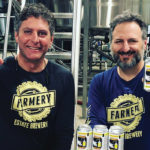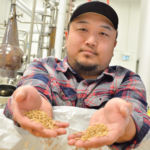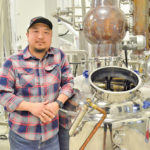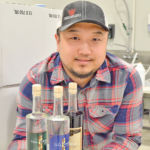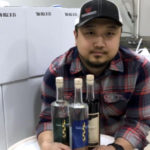It was supposed to be a cool way to help out. Now it’s all they can do to keep up. “It’s been insane,” said Lindsay Gillanders, spokesperson for Capital K Distillery. “We thought we’d produce a little bit of it,” Gillanders said. “We had no idea that the shortage of hand sanitizer was so severe.”



